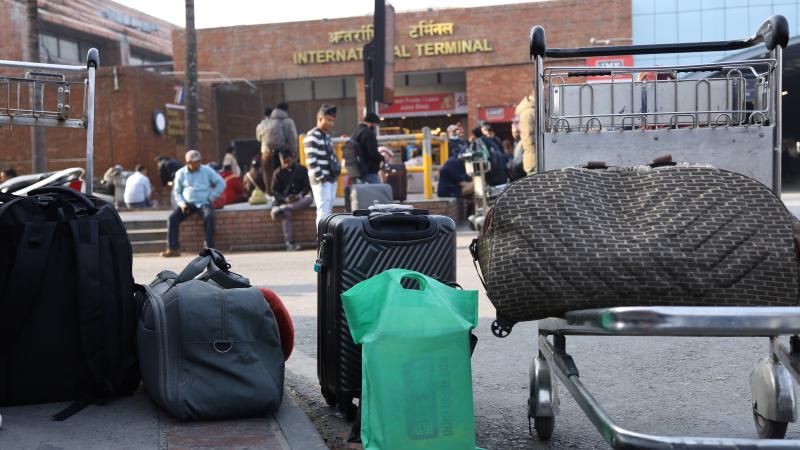Oklahoma House votes to eliminate grocery tax as inflation takes bite out of wallets
The legislation gives the state Senate several options, including cutting the grocery sales tax permanently or placing a two-year moratorium on the tax.
The Oklahoma House of Representatives passed a series of bills that could eliminate the sales tax on groceries and roll back the personal income tax rate.
The bills give the Senate several options, including cutting the grocery sales tax permanently or placing a two-year moratorium on the tax.
The options for rolling back the state’s personal income tax rate include dropping it from 4.75 to 4.5% for two years beginning with fiscal year 2022 or permanently reducing it to 4.25% beginning with fiscal year 2023.
Gov. Kevin Stitt called lawmakers back into session after vetoing tax reform bills passed during the regular 2022 session that he said did not help Oklahomans enough.
“Oklahoma families need inflation relief now and I am glad the House passed legislation to eliminate the state grocery sales tax and reduce personal income tax, both of which I called for in my State of the State address in February,” Stitt said in a statement previously reported by The Center Square. “The Senate has already passed tax cuts this year, so I am optimistic that they will join our efforts to deliver the inflation relief Oklahomans need.”
Senate President Pro Tempore Greg Treat appointed a tax reform working group to study the proposed bills.
Sen. Dave Rader, R-Tulsa, will chair the all-Republican, six-member panel. Senate Majority Floor Leader Greg McCortney, R-Ada, and Senate Appropriations Chair Roger Thompson, R-Okemah, will be on the panel as ex-officio members, Treat said.
“We’re committed to a serious, mature conversation about tax reform, conducted in a thoughtful way,” Treat said in a news release. “Oklahomans are facing economic challenges as a result of the failed policies of the Biden administration – our response must be methodical, taking into account not just the immediate picture, but how proposed changes could impact our state in the long run.”















